How do we deal with the increasing politicisation of migration?
Some narratives have become dominant over others, writes May Bulman. What impact does this have on both the public and policymakers’ decisions and attitudes?

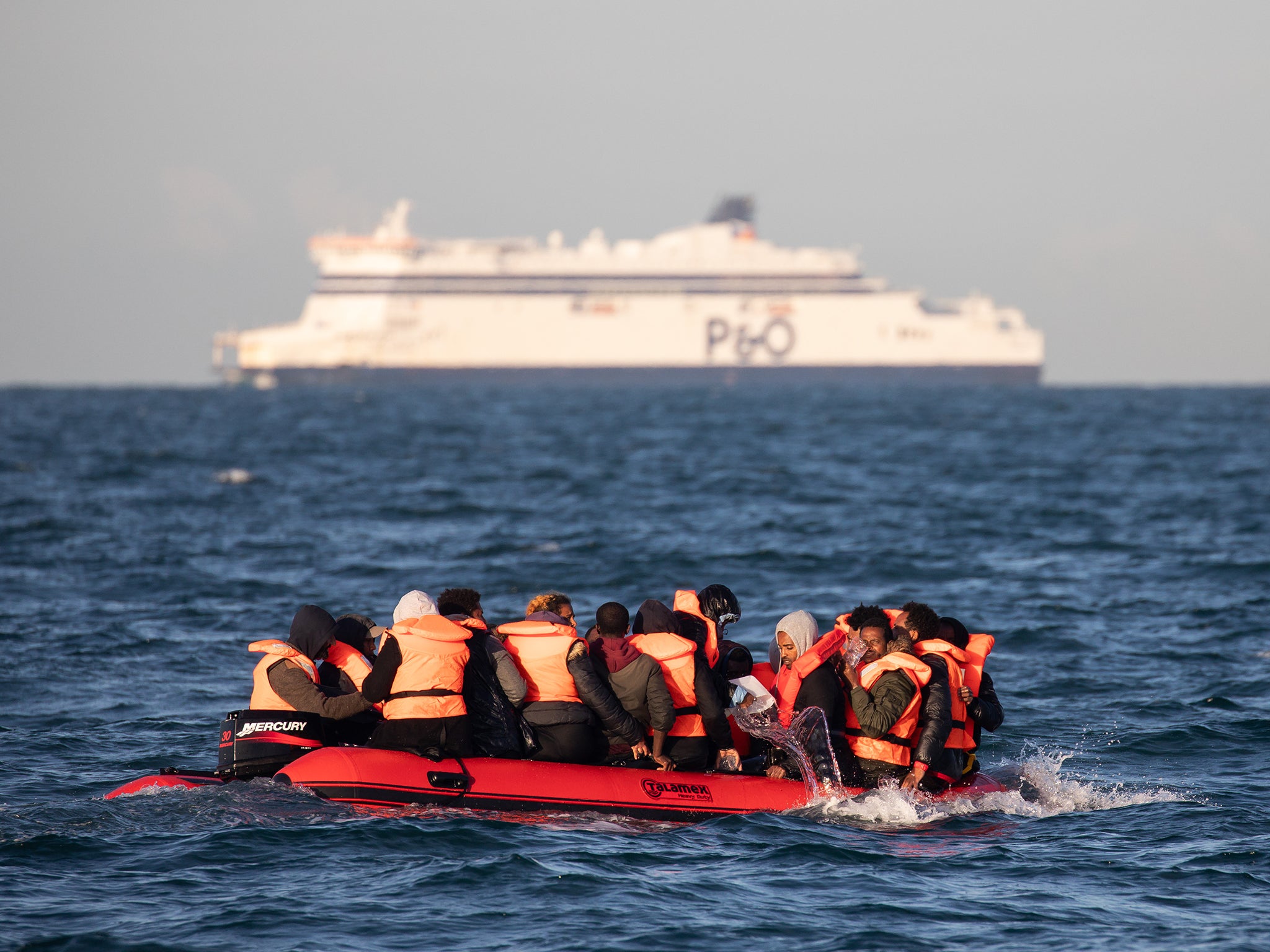
In Britain, we have become accustomed to seeing images of Black and brown people packed into dinghies crossing the English Channel. Rarely does a week go by without versions of this image from boats arriving on the Kent coast. The focus is on a collective of migrants crossing the border without permission – rarely on the passengers as people with complex stories.
This centring of border crossings in reporting on migration is not unique to the British media. In EU countries we see similar trends. During what became known as the “migrant crisis” in 2015 the situation was framed by some as an unwelcome influx of anonymous foreigners pouring across the seas from Africa and the Middle East, or “swarming” in overland from Turkey. The very term “crisis” reflects a sense of panic. This has continued to the present day, with much of the media in Europe portraying the continuing arrival of asylum seekers from these regions as an emergency, with the attention focused on the border.
But there is, of course, far more to the migration story than the act of crossing a border, and the narrative that is often pushed in some quarters is not necessarily the full picture. Why have these people left their homes? What has their journey been up until now? What happens to them next?
The war in Ukraine has brought this into sharp perspective. Unlike in a significant proportion of reporting of people arriving from African, Middle Eastern and Central Asian countries, the portrayal of Ukrainian refugees has been centred on the human suffering, with a focus on individual stories. In a very short space of time, millions of people have crossed the border into Poland, Romania and Moldova and many have continued onto other European nations, and the narrative has been one of keen willingness to help these families forced to flee their homes.
In light of this disparity, a group of European academics have come together to investigate how migration narratives form in the European media and the consequences of this, particularly in a context of increasing politicisation and polarisation across the continent. The EU-funded research project, called Bridges, is exploring why some migration narratives become dominant over others, and what impact they have on both the public and policymakers’ decisions and attitudes.
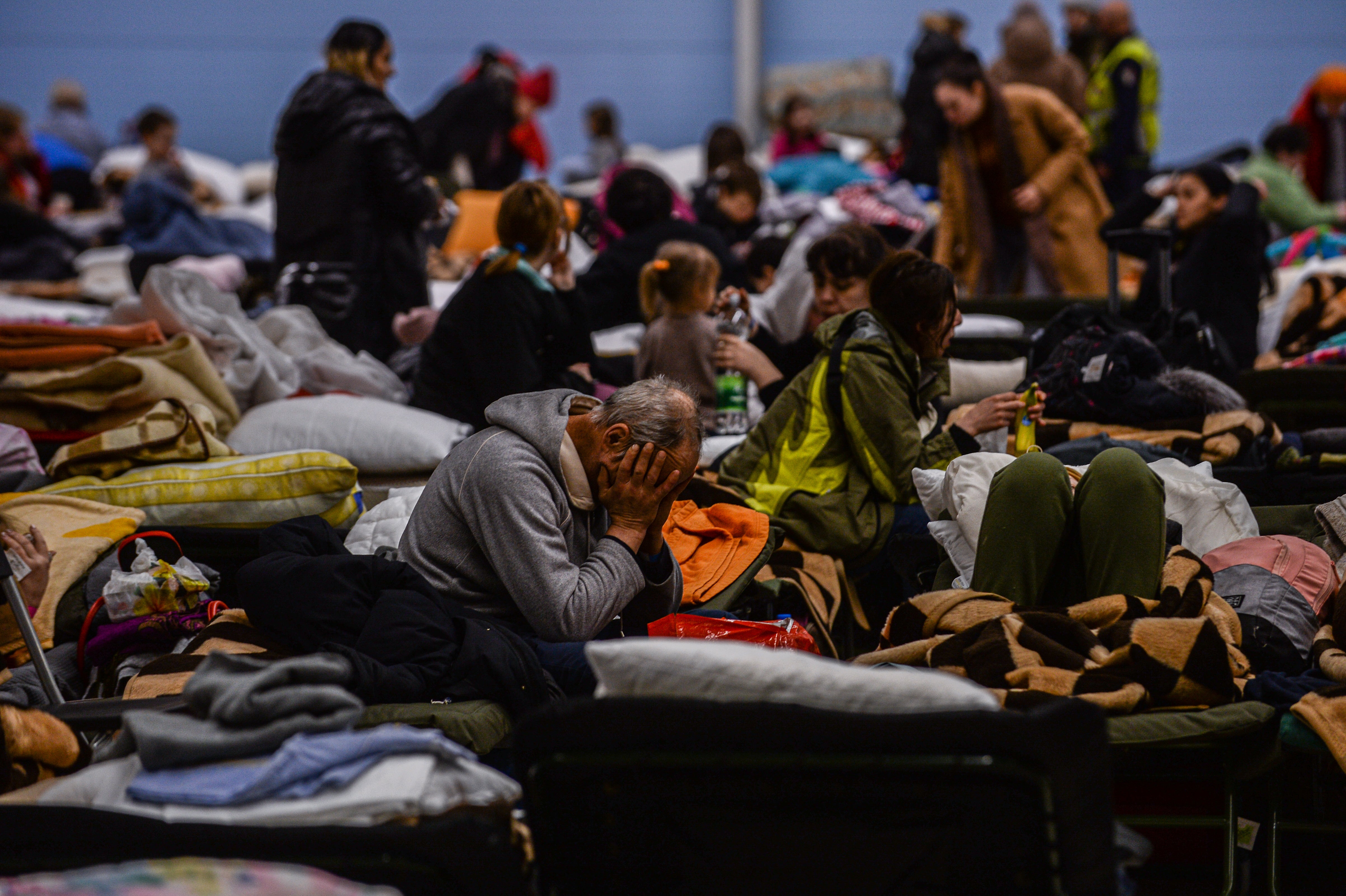
“The border is staged, but not all the time,” said Blanca Garcés Mascareñas, scientific coordinator and senior researcher for the Bridges project during a workshop at the Barcelona Centre for International Affairs on 20 May 2022. “Borders often remain in the darkness, but all of a sudden the lights turn on and the spectacle begins, perpetuating a sense of ‘us and them’ ... This staging of the border depends on journalists. These lights cannot turn on without journalists.”
Indeed, without this, there would be no border spectacle. Very few people would see migrants crossing borders and, given the relatively small numbers when compared to the resident population, the majority of the public would never know these individuals had arrived.
It is interesting to note that in the UK, images of asylum seekers arriving were less ubiquitous in years past. Migrants were still reaching Britain via unofficial routes, but usually by stowing away in lorries, trains or ferries – a far less visible mode of transport – meaning there wasn’t much of a spectacle to see. The overall number of asylum seekers arriving in 2018 and 2019 was not very different to previous years, yet suddenly images of boat arrivals were dominating the news agenda.
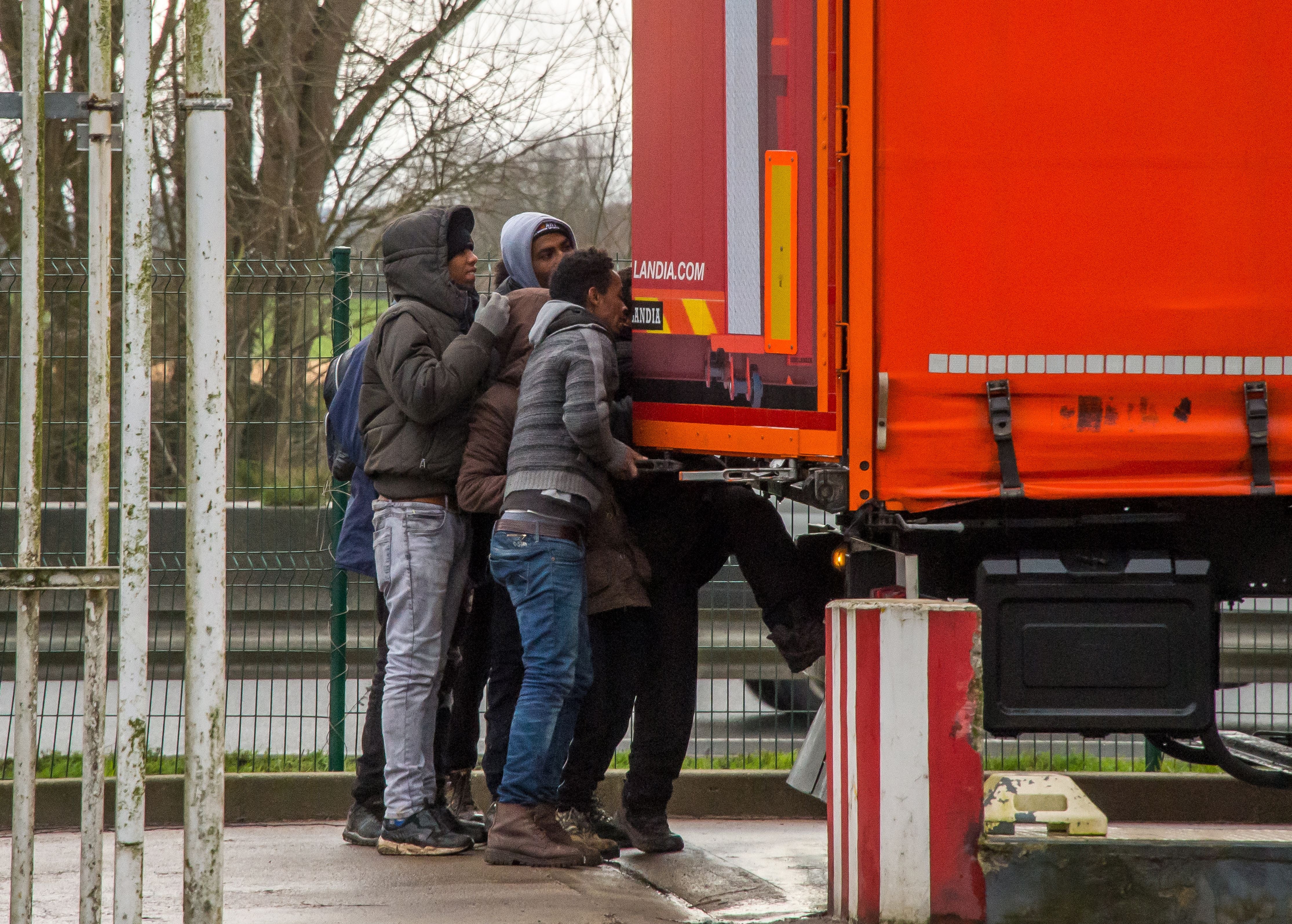
By publicising the border spectacle, do journalists become part of it? Is there a way that they can avoid this?
Giacomo Zandonini, an Italian freelance journalist with a focus on migration and human trafficking, says it is impossible for migration reporters to avoid becoming part of the border spectacle, as the very act of writing about the fact that people are crossing borders contributes to it. But he argues that reporters can make an effort to “deconstruct” it.
We can describe people as citizens of specific countries: a farmer from Dafur in Sudan, a medical worker from Yemen. This helps to avoid falling into the ‘us and them’ narrative
“We can put it into context and avoid contributing to any dehumanising narrative that can then be manipulated by those in power,” he told the Bridges workshop in Barcelona. “Avoid using too many collective words, portraying people as ‘migrants’ or ‘refugees’ and using adjectives like ‘poor’ and ‘desperate’ people.
“Rather, we can describe people as citizens of specific countries: a farmer from Dafur in Sudan, a medical worker from Yemen. This helps to avoid falling into the ‘us and them’ narrative.”
Zandonini also suggested putting these border crossings in a global context to create connections between migrants’ decisions to flee to other countries and what is happening in their own – a famine, a war, difficulties accessing resources, a political crisis – to contextualise the narrative.
Highlighting the importance of reporting on the government-constructed border policies, he said: “This is the reason people are showing up in this way rather than obtaining a visa. Vast amounts of public money are being spent to build a wall that is putting people’s lives in danger – and it is not stopping them from making the journey.
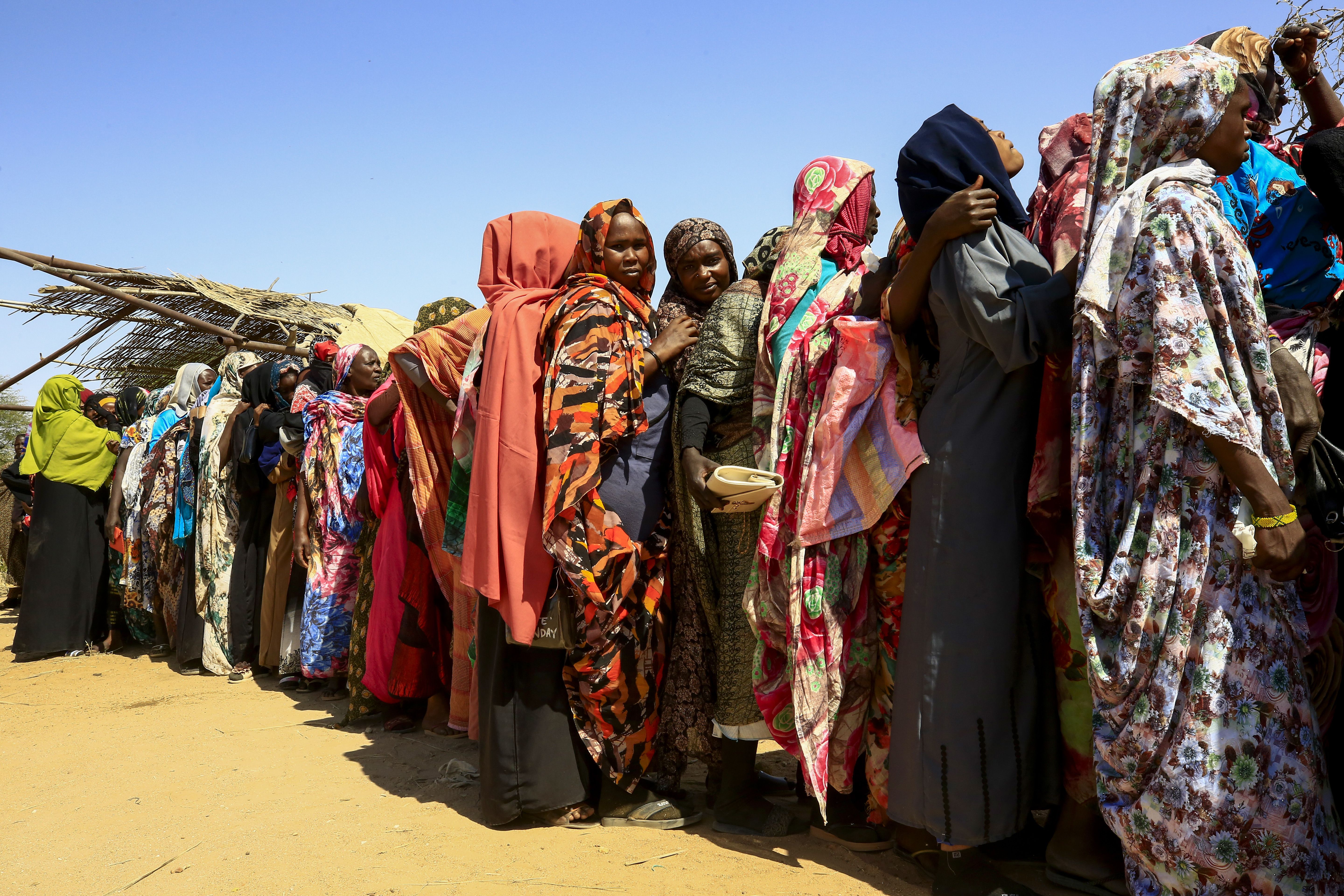
“We need to show that the people we are meeting trying to cross borders are not the unique protagonists of the story. There’s someone who sits in a comfortable office somewhere and is deciding on their life.”
This more human-focused, critical approach to reporting on migration is more important than ever, according to Hungarian freelance journalist and video-journalist András Földes, who has been covering his country’s increasingly hardline stance towards asylum seekers over recent years.
“In Hungary the government criminalises migration,” Földes told the Bridges event. “From this point of view, our task as journalists is not to think about how not to dramatise this situation, but simply to show our readers that these are people and not criminals.”
Migration is sometimes used as a weapon of mass distraction, to distract from other more pressing issues. People are often lured into a fear of migration
Földes described a “two-faced mentality” towards refugees in Hungary, adding: “While we’ve had harsh anti-migrant propaganda – this government won four elections on this – now we are receiving Ukrainians. But the old anti-migrant laws are still in place.
“We receive a few thousand Ukrainians every day, and on the same day people caught on the southern borders of Hungary – Afghans, Yemenis and others – are pushed back to Serbia. We as journalists try to shed light on this really awkward situation. These are the same people.”
Across Europe – including to a large extent the UK – we have seen increasing politicisation of migration in recent years. Those in power, or those vying for power, have used it as a political weapon, pledging to tackle the issue more effectively than their opponents as a tool for attracting voters. Panic around the arrival of migrants has increasingly become part of the political discourse – must it in turn be given more prominence in media reporting?
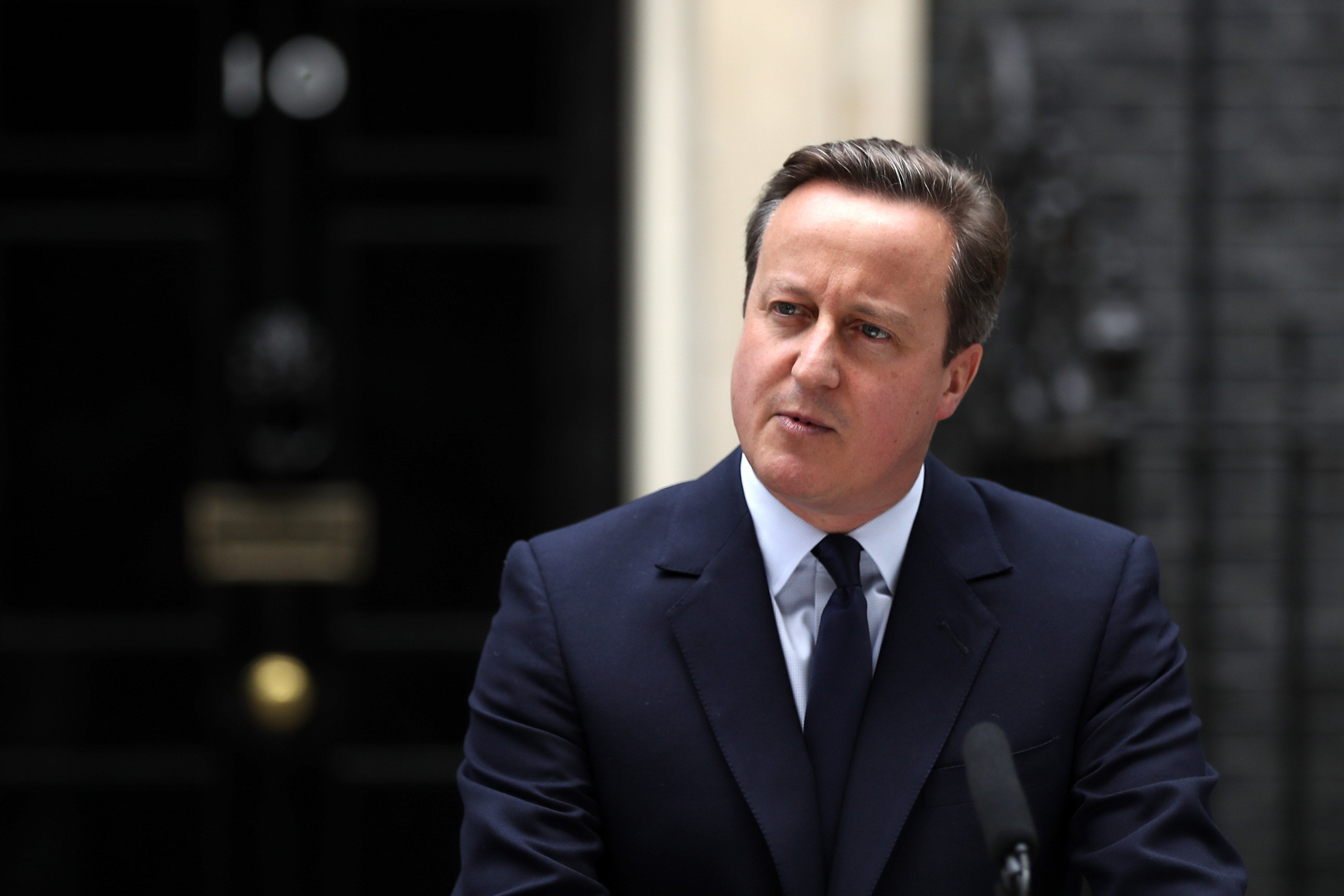
Saskia Smellie, a research fellow at the University of Edinburgh, who is focusing on British media coverage as part of the Bridges project, noted the “voice” politicians have on the coverage of migration in the UK.
“David Cameron’s ‘swarm of people’ comment in an interview in July 2015 was on the front page of the Daily Mail the next morning,” she said. “It was picked up by newspapers across the political spectrum. My analysis suggests that whilst it was critically engaged with, it was very prominent.
“This wasn’t a migration event, it was a political story. Yet it received significant attention. Politicians seem to be relatively dominant characters in narratives around migration, rather than the immigrants themselves.”
Ferruccio Pastore, director of FIERI, an Italian research institute on migration, and scientific co-coordinator of Bridges, echoed her concerns, saying that one of the “striking” findings from the project has been that migration narratives are “crafted by non-migrants, based on information provided by non-migrants, and for non-migrants.”
“It’s a conversation in which certain categories – primarily politicians – play a central role, using migration as a tool, or often as an emotional weapon,” he explained. “It is like coverage football without ever talking to players or even coaches – only to the public or the owners of the clubs.
“Migration is sometimes used as a weapon of mass distraction, to distract from other more pressing issues. People are often lured into a fear of migration, when in fact there are other trends to be feared more.”
This rings true in the UK today, with the home secretary, Priti Patel, after announcing hardline policies proclaiming to tackle migration. From drafting the Navy in to tackle Channel crossings to shipping asylum seekers thousands of miles away for processing, her dramatic statements have received far more attention than the direct experiences of people seeking refuge.
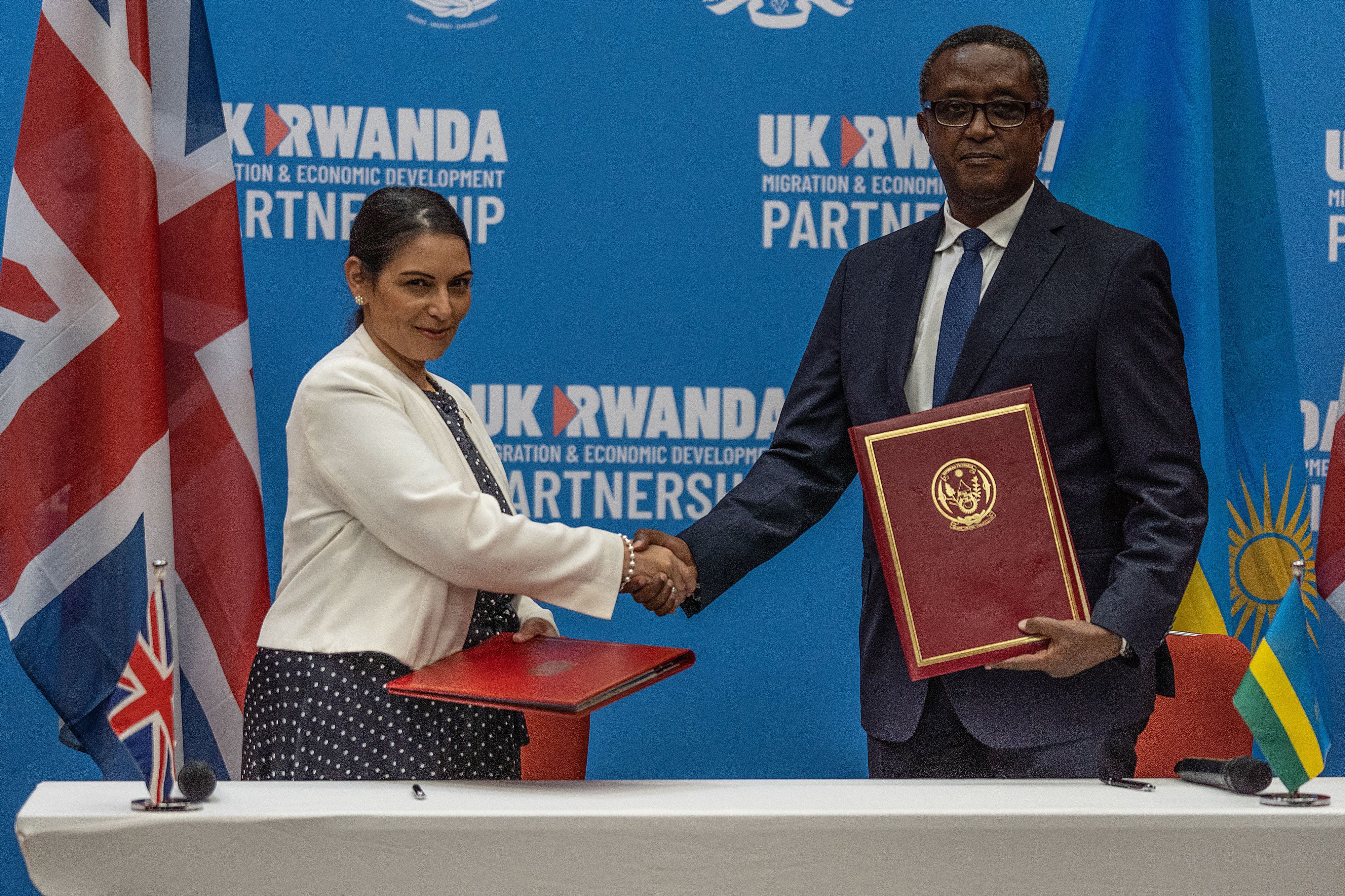
And in making such statements, and having them amplified by sections of the media, politicians fuel the sense that there is a problem that urgently needs to be tackled, which can have the effect of whipping up anti-migrant sentiment – even if the issue is being overstated. Is it a journalist’s job to prevent this from happening?
“We need to challenge the frame to change the narrative,” says Cristina Mas, a journalist at the Spanish newspaper Diari Ara. “The frame is that Europe is threatened and is being invaded and we need to stop it to protect ourselves from this invasion, that there are millions wanting to come and we can’t have all of them here, that we deserve our privileges because we were here before them.
“What can be done? We must confront and fact check the statements to hold accountable the authorities and focus on the results of the policies. Are they working to deter immigration? The answer is no.”
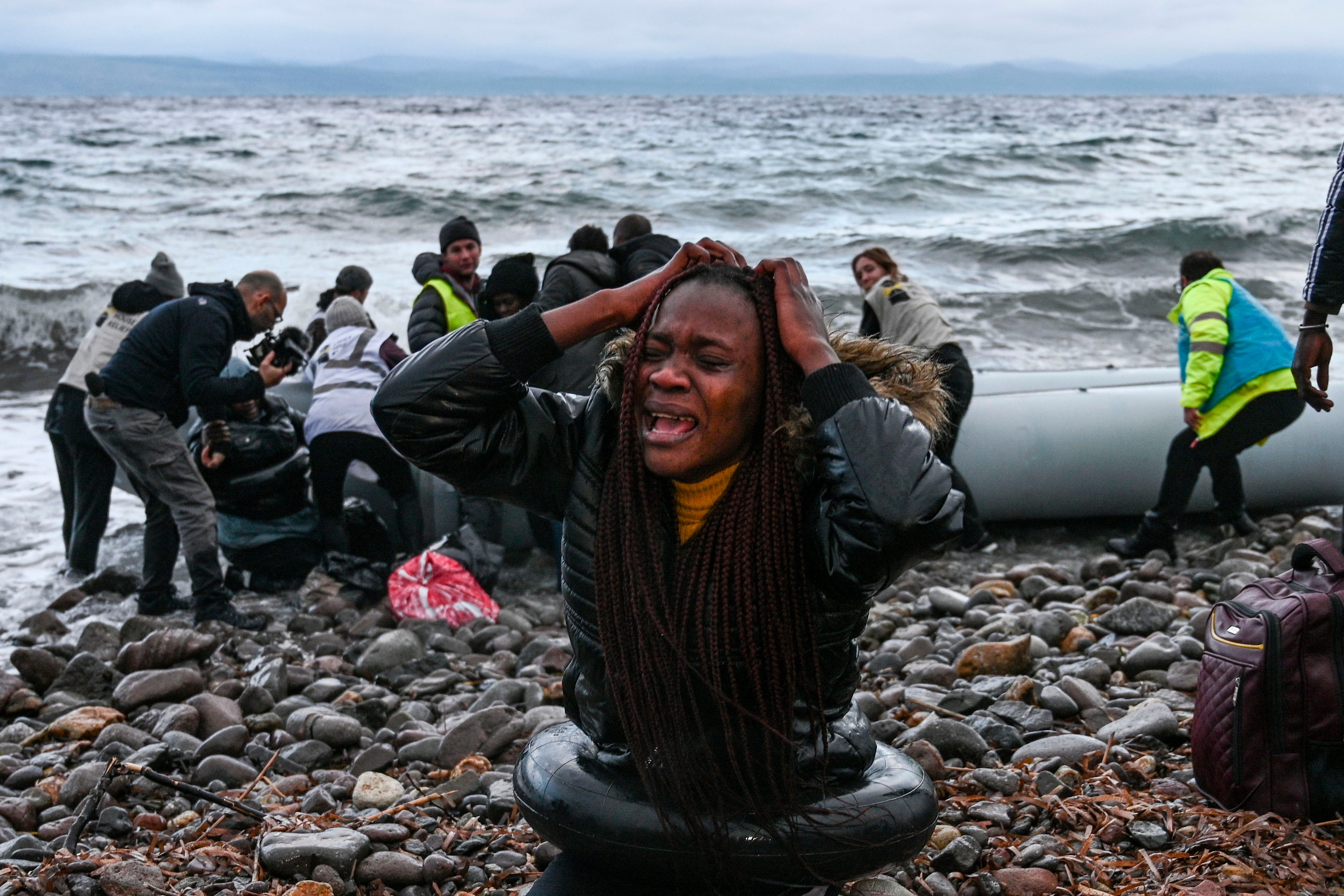
But achieving sweeping change in the way migration is covered would be no easy feat. The act of covering news can mean snapshots of broader stories to make events digestible, but broader questions should always be kept in mind.
Pastore believes there is hope that the narrative can change, particularly in light of the Ukraine refugee crisis, which he said shows that welcoming very large and totally unexpected migration flows is possible.
“It can be done. It’s within the scope of human possibility. Especially for rich and advanced societies like ours,” the researcher said. “We are capable of producing different narratives. Before, with say, Syria, there were no migrant voices, this time there are. It is now time to rebalance the agenda.”




Join our commenting forum
Join thought-provoking conversations, follow other Independent readers and see their replies
Comments